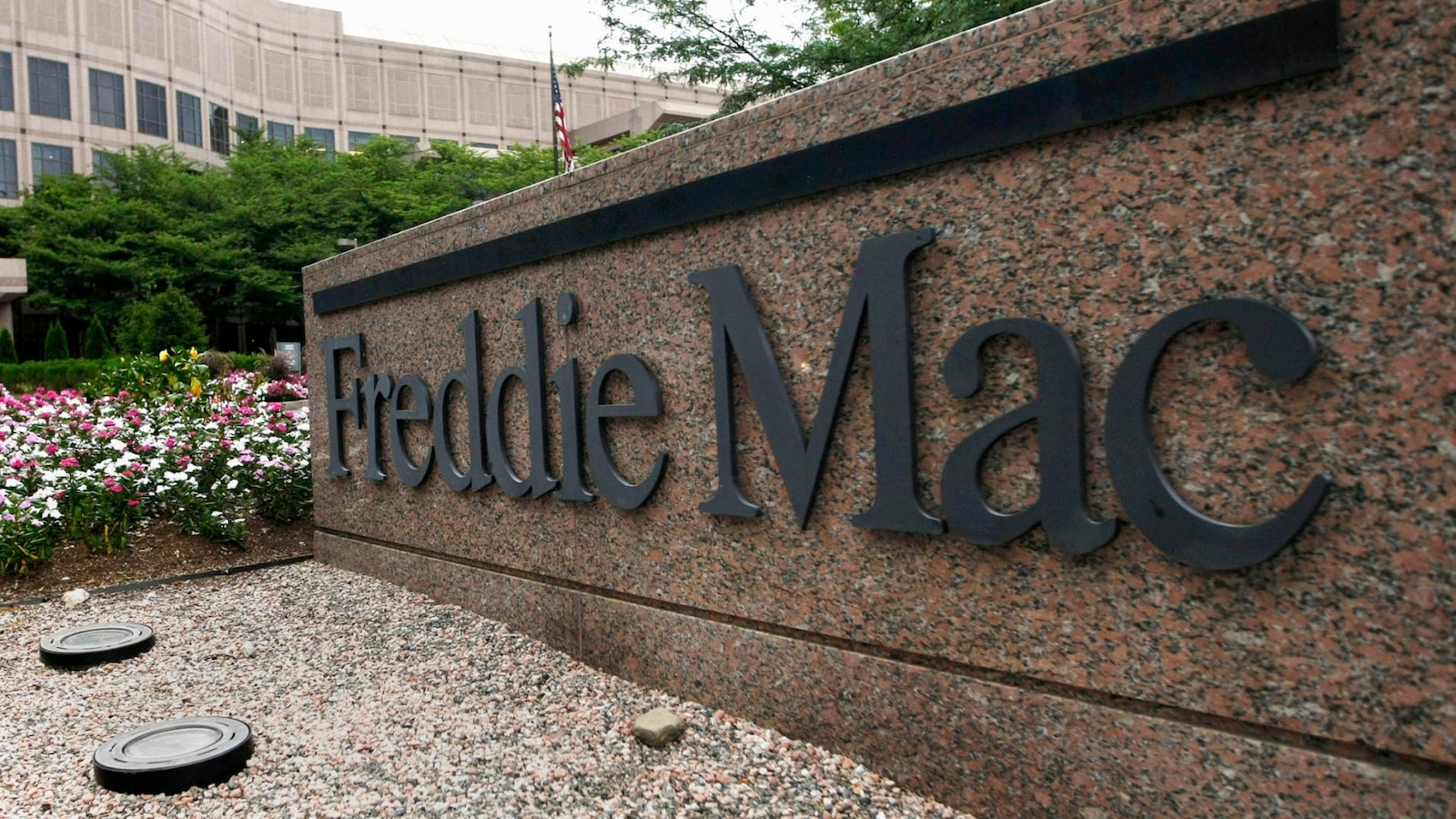In a significant move for the real estate market, the Federal Housing Finance Agency (FHFA) has directed mortgage giants Fannie Mae and Freddie Mac to include cryptocurrency as an acceptable asset class when evaluating mortgage qualifications. According to a report from MBA NewsLink, FHFA Director announced on June 26, 2025, that the two government-sponsored enterprises should consider homebuyers’ cryptocurrency holdings as part of their criteria for purchasing mortgages from lenders. This policy shift represents a major change in how traditional financial institutions view digital assets.
The announcement, reported by Alex Veiga of the Associated Press, could potentially open doors for crypto investors looking to enter the housing market. Until now, many mortgage lenders have been hesitant to recognize cryptocurrency holdings when assessing a borrower’s financial profile, often requiring these assets to be converted to cash and seasoned in bank accounts for months before being considered for mortgage qualification. This directive signals a growing mainstream acceptance of digital currencies and could simplify the homebuying process for the increasing number of Americans who hold crypto investments.

- Cryptocurrency market fluctuations could impact its viability as a stable asset for mortgages. Source: newslink.mba.org
The FHFA’s directive represents a pivotal moment in mortgage lending standards, potentially allowing homebuyers to leverage their crypto investments directly in the mortgage qualification process. Previously, potential homeowners with significant cryptocurrency holdings often faced challenges when applying for mortgages, as traditional lenders typically required these assets to be liquidated and held as cash for several months before being counted toward down payments or financial reserves. This new policy could eliminate that waiting period, streamlining the path to homeownership for crypto investors.
For homebuyers who hold digital assets, this regulatory change opens up new possibilities in their journey to homeownership. Rather than being forced to liquidate their investments—potentially triggering tax events or missing out on market gains—borrowers may soon be able to use their crypto holdings as qualifying assets while keeping them invested. Industry analysts suggest that the FHFA may establish specific guidelines regarding which cryptocurrencies will be acceptable and what percentage of a borrower’s crypto portfolio can be considered, likely favoring established currencies like Bitcoin and Ethereum over newer, more volatile alternatives.
The inclusion of cryptocurrency into mortgage qualification standards could significantly reshape the real estate and mortgage markets in the coming years. Industry experts predict this move might attract a younger demographic of homebuyers who have embraced digital assets but previously felt excluded from traditional mortgage financing. Real estate agents in tech-heavy markets are already reporting increased interest from potential buyers who have accumulated wealth through cryptocurrency investments. Some housing economists suggest this policy could inject new liquidity into the housing market, potentially supporting home values in areas popular with tech-savvy professionals.
However, the policy shift also raises important questions about implementation and risk management. Mortgage lenders will need to develop systems for verifying crypto assets and assessing their value in a notoriously volatile market. “The challenge will be determining how to value these assets given their price fluctuations,” notes financial analyst Sarah Chen. “Lenders might apply significant adjustments to crypto assets when calculating their contribution to a borrower’s financial profile, perhaps valuing them at 50-70% of their current market value to account for volatility.” Industry insiders also speculate that borrowers might need to provide additional documentation verifying the source of their crypto funds to satisfy anti-money laundering regulations.

